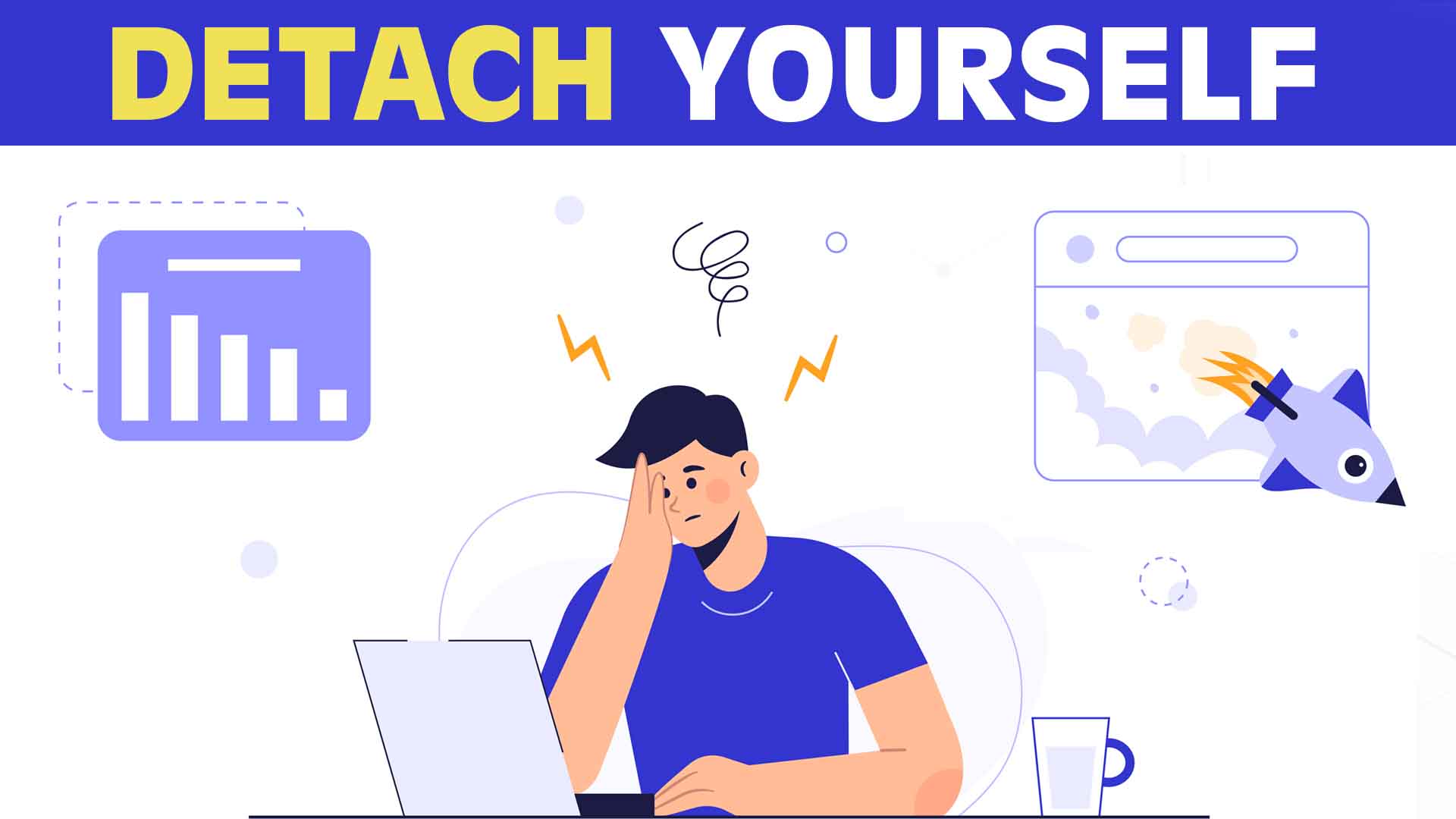The practice of detachment is recommended by many religions around the world. However, it can seem strange – why should we become less attached to things and especially people? Isn’t that a big part of what motivates us?
First, detachment can help you gain more control over your life. Consider, for instance, whether your phone or your social media or other people control your choices. You might say it isn’t so, but ask yourself whether you check your phone whenever a notification pings.
Detachment helps you regain control over everything that you do and where you spend your time.
Not everything is worth our time and our effort. Many things that make us nervous, that consume our time and energy, are truly unimportant. Detachment can help us let them go.
At the same time, freeing ourselves from the hold of unimportant things can give us the time and energy we need in order to improve and grow in our own lives. It can allow us to focus our attention where it will make an actual difference. Detachment means choosing where and when to be involved and when to disengage.
Not all people are equally good, either. Some can bring a bad influence into our lives. When we let go, it improves our well-being.
Detachment helps us overcome the desire to preserve toxic relationships. Instead, we are able to let go and feel content.
Detachment also allows us to make bolder decisions and take more risks. We know that we can survive on our own and separate ourselves from the things, feelings, or people that currently are a part of our lives. This makes us free and independent.
The practice of detachment has many advantages, especially when we direct it against the things that are hurting us. We can keep things and people that are not worth it, but detachment helps us let go and free ourselves of unnecessary burdens.
Detachment begins with accepting that not everything is worth keeping. If we let go of what is not working, we make more room for the truly worthwhile things.
“Detachment is not that you should own nothing, but nothing should own you.”
Don’t forget to share this article on WhatsApp, Facebook and Twitter.


